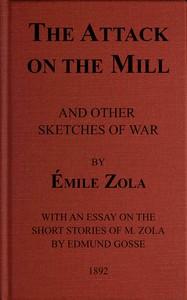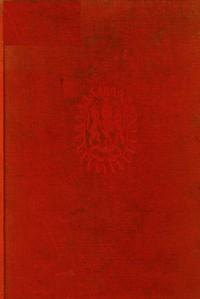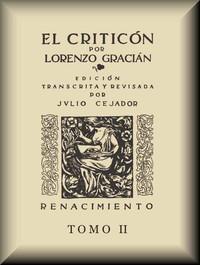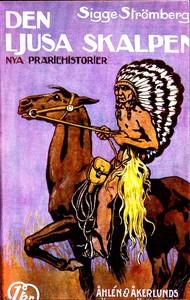Read this ebook for free! No credit card needed, absolutely nothing to pay.
Words: 101072 in 30 pages
This is an ebook sharing website. You can read the uploaded ebooks for free here. No credit cards needed, nothing to pay. If you want to own a digital copy of the ebook, or want to read offline with your favorite ebook-reader, then you can choose to buy and download the ebook.
THESE
WILLIAM WORDSWORTH
CHARLES LAMB
To begin: the British defy definition. Although they are spoken of as "the British," they are not one people but four. And of these four, three--the Scots, the Welsh, and the Irish--are fiercely jealous of their national identity. The English are less concerned. They have been a nation a very long time, and only on occasions like St. George's Day do they remind themselves, a bit shamefacedly, that the English are the central force of the British people. Of course, if there are Scots, Welsh, or Irish in the company, the English keep this comforting thought to themselves.
The variety of the British does not end with nationalities. There are Yorkshiremen and men from Somerset, Cornishmen and people of Durham who differ as much as Texans and Vermonters did in the days before the doubtful blessings of standardization overtook our society.
Here we encounter the first of many paradoxes we shall meet in this book. Homogeneity in political thought--basic political thought that is not party allegiance--seems far greater in Britain than in France or the United States. Yet, until the present, the resistance to standardization has been much more stubborn. Institutions and customs survive without undue prodding by Societies for the Preservation of This and That, although there are plenty of the latter nesting in British society.
Early in 1954 I was in Inverasdale, roughly five hundred miles north-west of London on the western coast of Scotland. Inverasdale is a small village buffeted by the fierce winds that beat in from the North Atlantic, and its people are independent and God-fearing. John Rollo, a Scots industrialist, had started a small factory in Inverasdale to hold the people in the Highlands, where the population has fallen steadily for a century.
Inside the factory John pointed to one of the workers. "That's the bard," he said. "Won a prize at the annual competition this year."
The bard, clad in rubber boots, old trousers, and a fisherman's jersey, had little of the "Scots Wha Ha'e" about him. But he was the real thing. He had journeyed to the competition on foot and there recited in Gaelic his own composition, a description of his life in Germany as a soldier in the British Army of the Rhine. "I sung of those queer foreign sights and people," he said.
I asked him if he had liked the Germans.
"I did not," he said. He was not a particularly loquacious bard. But he was intensely and unostentatiously devoted to customs and a culture well established before there were white men in America.
The bard was proud of his association with an old and famous race. But, then, all over the British Isles there are groups rejoicing in the same fierce local pride. In Devon you will be told that it was "Devon men" who slashed the Armada to ruins in the Channel. That battle was fought nearly four hundred years ago. In a future century the visitor to London will be told, quite correctly, that it was the near-sighted, snaggle-toothed, weak-chested youngsters from the back streets who held the Germans at Calais until preparation could be made for the evacuation at Dunkirk.
Free books android app tbrJar TBR JAR Read Free books online gutenberg
More posts by @FreeBooks

: The Wonder Clock; or four & twenty marvellous Tales being one for each hour of the day by Pyle Howard Pyle Katharine - Fairy tales; Children's poetry
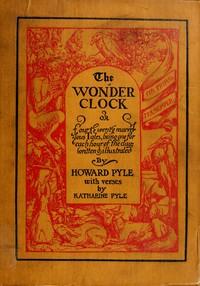

: The Attack on the Mill and Other Sketches of War by Zola Mile Gosse Edmund Contributor - War stories
